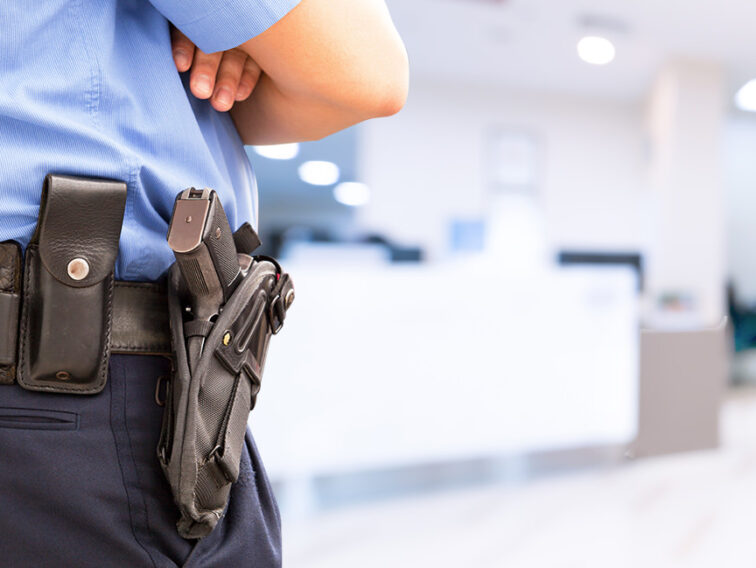The safety and security of patients, visitors, and staff is of paramount importance in any healthcare setting. Hospitals are often targets of violence, theft, and other criminal activities. To mitigate these risks, many hospitals employ armed guards to protect their premises, staff, and patients. Here, we will discuss the essential role of armed guards in hospital security and why they are necessary to ensure the safety of everyone involved.
Preventing Violence
Hospitals can be chaotic environments, with patients and their families dealing with the stress of illness and injury. This can lead to emotional outbursts and even physical altercations. Healthcare professionals may also be subject to verbal and physical abuse from patients or visitors. Armed guards are trained to recognize the warning signs of potential violence and take appropriate action to prevent it from escalating. They have latest guns and 5.56 ammo to handle any situation.
In addition to dealing with irate patients and visitors, hospitals are also vulnerable to violent crimes, such as assaults, robberies, and active shooter situations. Armed guards are prepared to respond to these types of emergencies and can help to quickly neutralize any threats, minimizing the potential for harm.
Protecting Valuable Assets
Hospitals are home to valuable medical equipment and medications, making them a prime target for theft. Armed guards can patrol the premises and monitor access to high-risk areas, such as the pharmacy, to prevent theft and protect valuable assets. They can also conduct regular inspections of hospital property to ensure that all equipment and supplies are secure.
Maintaining Order
Hospitals are busy places, with patients, visitors, and staff coming and going around the clock. With so many people in one place, it can be difficult to maintain order and ensure everyone’s safety. Armed guards can help to maintain a calm and orderly environment by enforcing hospital policies, such as no smoking or loitering, and responding to any disturbances.
Emergency Response
In the event of a medical emergency, natural disaster, or other crisis, armed guards can play a vital role in ensuring the safety of patients, visitors, and staff. They can help to evacuate the building, provide first aid, and coordinate with emergency services to ensure that everyone is safe and accounted for.
Training and Expertise
Armed guards undergo extensive training to prepare them for their role in hospital security. They must have a thorough understanding of hospital policies and procedures, as well as state and federal laws regarding the use of force. They must also have specialized training in dealing with violent situations, including crisis intervention and de-escalation techniques.
Armed guards are also trained in the use of firearms and other weapons, which they may need to use in the event of an emergency. They must have excellent marksmanship skills and be able to make split-second decisions in high-pressure situations.
Building Trust
The presence of armed guards can help to build trust among patients, visitors, and staff, who may feel more secure knowing that there are trained professionals on-site to respond to any threats. Armed guards can also serve as a visible reminder that hospital security is taken seriously and that measures are in place to ensure everyone’s safety.
Challenges
While armed guards play an essential role in hospital security, their presence can also raise concerns among patients and visitors. Some people may feel intimidated or uncomfortable around armed guards, particularly if they have had negative experiences with law enforcement in the past. It is important for hospitals to work closely with their security providers to ensure that their security measures are appropriate and effective, while also addressing any concerns or issues that arise.
Conclusion:
Armed guards play an essential role in hospital security, helping to prevent violence, protect valuable assets, maintain order, and respond to emergencies. They undergo extensive training to prepare them for their role and must have a thorough understanding of hospital policies and procedures, as well as state and federal laws regarding the use of force.



